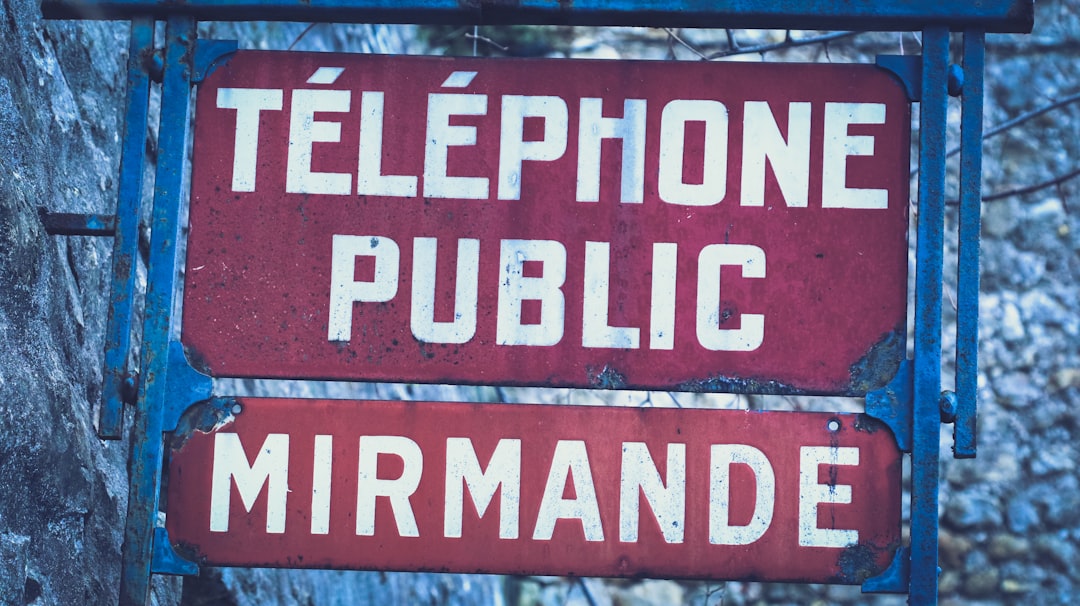Unwanted robocalls from telemarketers are a growing problem in Nebraska. State law protects residents by banning calls to numbers on the Do Not Call Registry. Nebraskans can reduce robocalls by registering their numbers and using apps with high accuracy rates, adaptive learning, and robust privacy features. User reviews highlight app effectiveness, but false positives prompt some users to consult robocall attorneys in Nebraska for legal recourse, emphasizing the need for advanced filtering. Legal experts ensure app compliance with consumer privacy laws, protecting residents' rights.
In the digital age, robocalls have become a ubiquitous nuisance, prompting Nebraska residents to seek solutions. This article delves into the state’s efforts to combat these automated calls through app reviews and evaluations. We explore Nebraska law regarding robocalling practices and examine consumer feedback on popular prevention apps. Additionally, we discuss the legal perspective on app privacy and protection, offering insights for both users and robocall attorneys in Nebraska.
Understanding Robocalls and Nebraska Law

Robocalls, automated phone calls from unknown numbers, have become a widespread nuisance, with many Nebraskans receiving unsolicited calls promoting products or services. These automated messages can be annoying, but they also pose potential risks to consumers, often attempting to sell them items or enroll them in costly plans without their explicit consent.
In Nebraska, the law provides certain protections against robocalls. The Nebraska Revised Statutes Chapter 44-1407 prohibits telemarketers from placing automated calls to telephone numbers listed on the Do Not Call Registry. If you’re a resident of Nebraska and wish to curb these unwanted calls, registering your number with the state’s Do Not Call list is a crucial step. Consulting with a robocall attorney in Nebraska can also help you understand your rights and take appropriate legal action if needed.
Evaluating App Effectiveness in Prevention

When it comes to evaluating app effectiveness in robocall prevention, a key consideration for Nebraskan residents is the success rate of each application in blocking unwanted calls from attorneys and other known numbers. Reputable robocall prevention apps should boast high accuracy rates, with features that learn and adapt over time to identify new patterns and sources of automated calls.
User reviews play a crucial role in understanding app performance. Feedback from Nebraskan users can reveal the app’s ability to manage volume, quickly update blocking lists, and maintain privacy settings. By examining these factors, individuals seeking robocall protection can make informed decisions about which app aligns best with their needs, ensuring they stay protected from intrusive calls, especially from persistent legal entities.
Consumer Reviews: Success Stories and Complaints

Consumer reviews provide a window into the effectiveness of robocall prevention apps, revealing both success stories and complaints from Nebraska residents. Many users report significant reductions in unwanted calls after adopting these tools, praising their ability to block spam effectively. Some even mention an increase in overall call quality as legitimate businesses respect do-not-call preferences.
However, a notable number of reviews also highlight ongoing issues. Complaints include false positives where legitimate calls are mistakenly blocked and difficulty unsubscribing from blocked numbers. These experiences underscore the importance of robust filters that can distinguish between spam and genuine communications, prompting some users to seek legal recourse against persistent robocallers through Nebraska’s robocall attorney services.
Legal Perspective on App Privacy and Protection

In Nebraska, as in many states across the country, there’s a growing emphasis on protecting consumer privacy and preventing unwanted robocalls. From a legal perspective, this involves a delicate balance between allowing businesses to connect with customers and safeguarding individuals from intrusive marketing practices. A robust robocall prevention app not only respects user privacy but also adheres to Nebraska’s telecommunications laws.
Attorneys in the state play a crucial role in ensuring these apps remain compliant. They scrutinize terms of service, data collection methods, and consent mechanisms to guarantee that consumer rights are protected. With the increasing sophistication of robocall technology, legal experts must stay abreast of emerging trends to maintain effective regulation. This proactive approach ensures that robocall prevention measures not only block unwanted calls but also uphold the privacy and legal rights of Nebraska residents.






